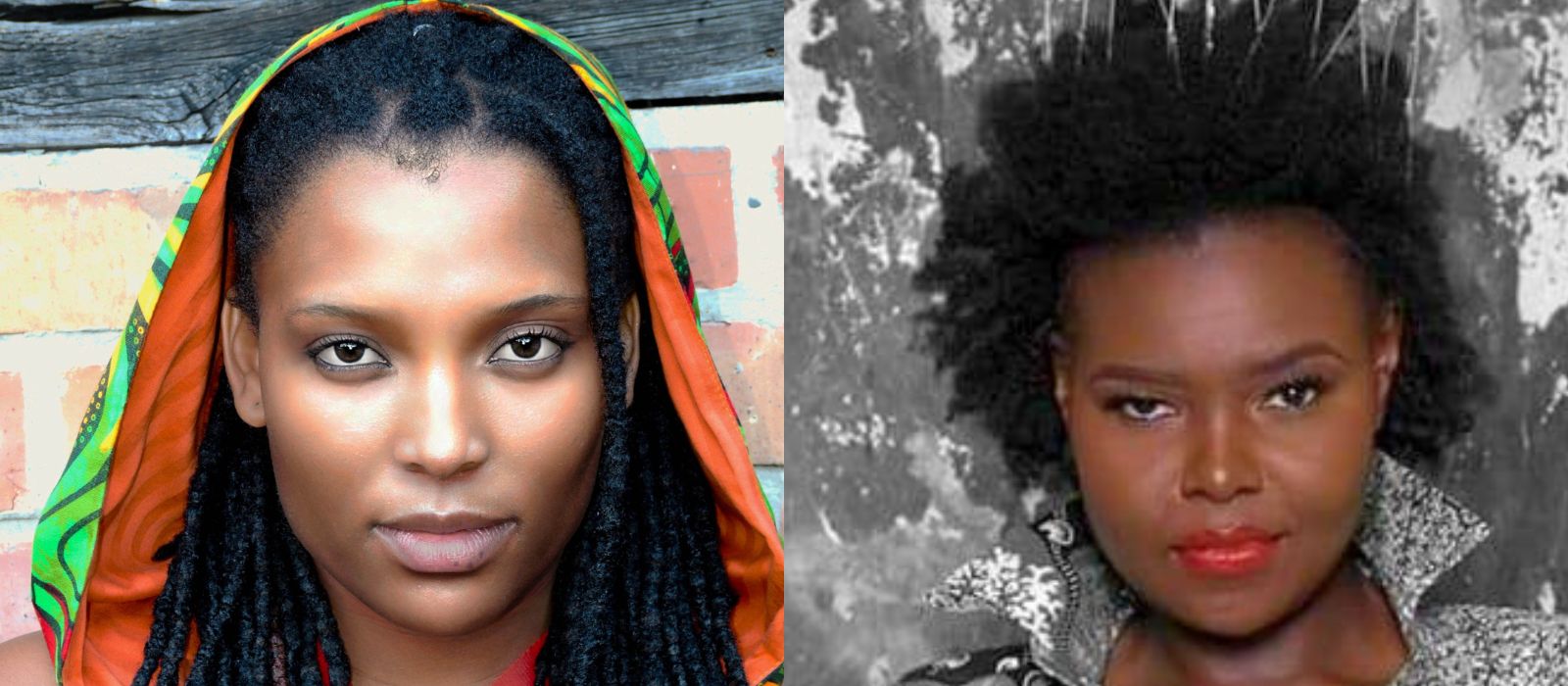
The names Lucky Dube and Oliver Mtukudzi have left an indelible mark on contemporary society, and their legacies will remain influential for generations to come. These two musical legends, hailing from opposite sides of the Limpopo River, are remembered daily on both sides of the great southern divide, years after their passing. Their enduring relevance can be attributed to two things: an impressive, timeless discography and the talented children who continue to carry their legacies forward with the same determination and passion for their craft.
This was recently highlighted in a short documentary featuring each of the legends’ daughters. The documentary, Daughters of Legends, offers a close, intimate glimpse into a typical workday for the young musicians as they strive to fill their fathers’ shoes and meet the high expectations of their audiences.
Shot by Zimbabwean filmmaker Nico “Unkle Nick” Abote, the documentary provides behind-the-scenes moments with Nkulee Dube, daughter of the late South African reggae icon Lucky Dube, and Selmor Mtukudzi, daughter of the late Zimbabwean Afro-jazz and Katekwe godfather Oliver “Tuku” Mtukudzi.
Filming for the documentary took place during the 2013 edition of the Harare International Festival of the Arts (HIFA), when both women were in the early stages of their careers. Nkulee, who describes her music as “ethno-ragga,” had just released her debut album, My Way, captivating audiences with an electric stage presence reminiscent of her father’s. Selmor, meanwhile, was being directly mentored by her father and was making waves with her hit song “Nguva Yangu.”
In the documentary, Nkulee and Selmor reflect warmly and proudly on their fathers’ impact on their careers, sharing their dreams and ambitions through interviews interspersed with live performances.
“This is a short documentary, covering the lives of two musical legends from Southern Africa (Zimbabwe and South Africa), told through the personal journeys of their daughters,” Nico describes.
The promise of an intimate, morning-coffee-length exploration of these two musical giants, seen through the eyes of their daughters, is undoubtedly enticing in today’s crowded digital landscape. Yet, I found myself wondering, did it truly deliver on its promise?
With a runtime under ten minutes, it is understandable that the documentary only scratches the surface, barely touching on the rich lives of these legends. It is more of a brief, fond glance than an in-depth exploration.
There is also the curious detail of the film’s delay. Shot over a decade ago, one wonders why it sat unseen for so long. Was the project forgotten, or did the producer have ambitions to expand the footage but lacked the opportunity? Despite these limitations, Daughters of Legends is still worth watching. The visuals remain vivid, as if filmed yesterday, and Nico Abote’s editing skill shines, softening the shortcomings of its length.
A dozen years after HIFA 2013, the daughters of these legends continue to make their mark in the cutthroat world of showbiz. Nkulee is now a respected name in the reggae community, while Selmor’s music has earned her both local and international acclaim.
The documentary’s timing could not be more fitting, given the current public attention on the Mtukudzi family. Led by matriarch Daisy, they are embroiled in a public dispute over Tuku’s estate, with Selmor standing her ground in the legacy she carries.
Perhaps Daughters of Legends could serve as a blueprint for a full-length documentary, giving us a richer look into the lives and journeys of these gifted women. They carry the legacy of their legendary fathers with pride, and this short documentary is a promising foundation for a deeper exploration.


